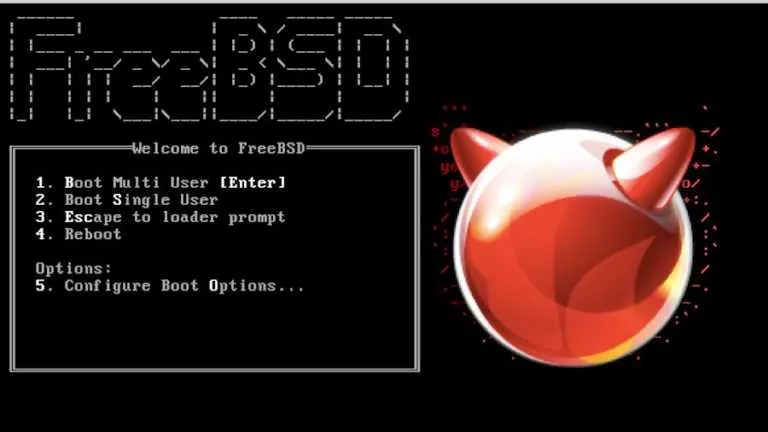6 Open Source Android Alternative Operating Systems For Mobiles

In the wake of the ongoing US-Huawei-Google tussle, many Android enthusiasts are wondering about the different alternative phone operating systems that are out there. We have Apple’s iOS at our disposal, but the cost of owning an iPhone makes it an impossible choice for many.
This prompted me to create a list of other Android alternatives that are being developed or being used in mobile devices. The options that have been included in this list are open source, so any developer can grab the code and fork it to create something new for free. Huawei is itself creating its own operating system but I haven’t included it on this as the details are scarce.
Best Open Source Android Alternatives To Try
1. Plasma Mobile
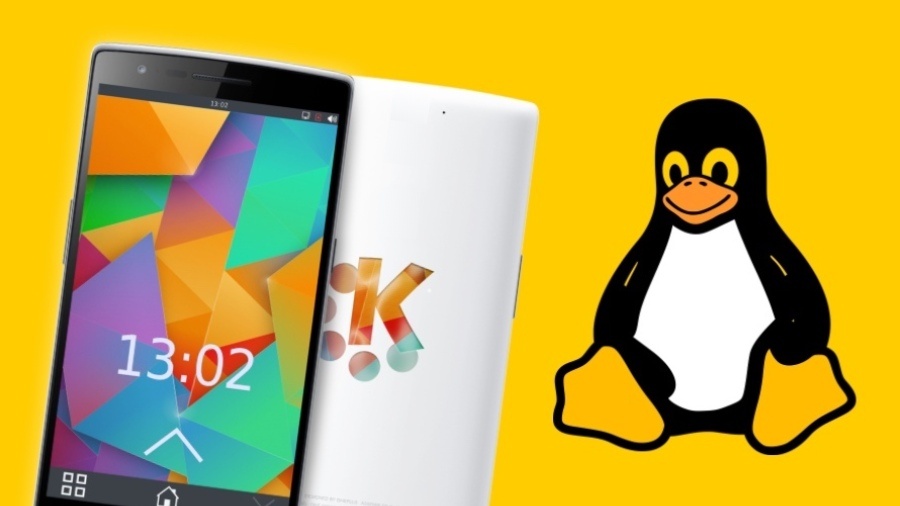
Plasma Mobile is the most competent Android alternative that you can look up to right now. This open source operating system uses the power of Kubuntu and uses the multiplatform toolkit Qt. Plasma Mobile OS is currently under development, and it can be used on devices like Nexus 5X. The developers have also created custom images for x86-based tablets as well. Another option to use Plasma Mobile’s interface is to go for postmarketOS that offers Plasma as an interface. Another way to use Plasma is to see if your device supports Halium and follow the porting guide.
The KDE Foundation is also working with partners like Purism to ship Plasma Mobile on a commercial device for the first time. The developers are also working on their plans to create a Linux-based phone operating system that’ll be able to replace Android and iOS.
2. KaiOS
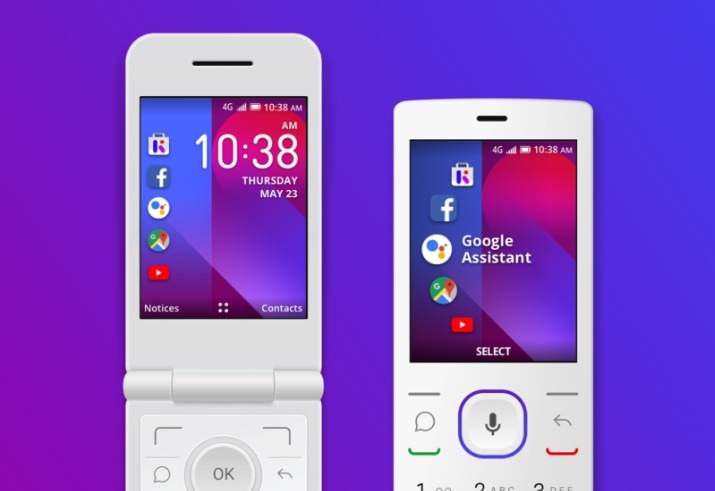
Just like the Tizen OS from Samsung, which is mentioned further down this article, KaiOS runs on millions of devices (100 million to be precise). If you haven’t heard of this phone operating system, it’s not your fault. KaiOS aims to make non-touch phones smart by adding capabilities like 4G, Wi-Fi, GPS, and HTML5-based applications. In India’s developing smartphone market, this opne source Android alternative has gained great success with the help of JioPhone and has beaten iOS to become the country’s 2nd most popular OS.
Like many other options on this list, KaiOS is also basically a Linux operating system as it’s based on the discontinued Firefox OS. Given its explosive growth in recent times, the future of this open source OS seems bright.
3. LineageOS
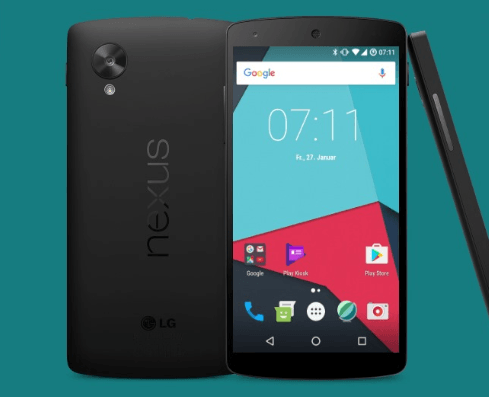
Some of you might say that LineageOS is itself based on Android code, so what’s the point of including it in the OS? Well, primarily because it’s currently under active development and LineageOS images are available for a lot of devices. LineageOS is itself a fork of another custom ROM CyanogenMod, that was discontinued in December 2016.
This open source OS is now available for more than 180 smartphones from brands like Xiaomi, Motorola, Samsung, Pixel, etc. It also offers lots of personalization options that let you customize your device as per your preference. So, if you’re tired of Google’s endless tracking, you can use LineageOS to reduce that tracking to some level.
4. postmarketOS
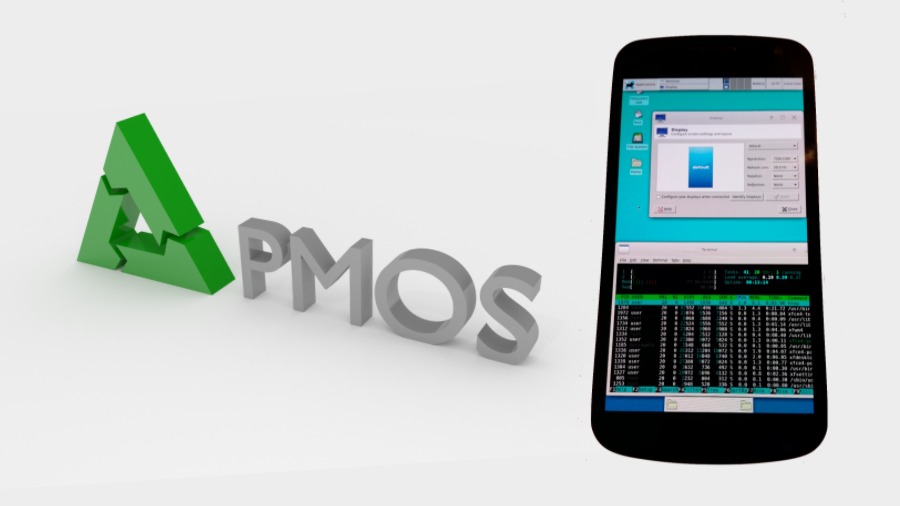
Just like Plasma Mobile, postmarketOS is another Linux phone project that’s getting tons of attention from open source enthusiasts. I’ve personally covered the journey of postmarketOS from the start, and it aims to deliver a ten-year lifecycle to the mobile devices. The OS is based on Alpine Linux that takes just 6MB storage space, and is capable of running Wayland X-based environments like MATE, Xfce, and GNOME.
There’s an extensive list of devices that can boot postmarketOS, but the developers haven’t been able to get the calls working on the devices. However, given the continuous developments and growing documentation, I’m pretty optimistic about the project.
5. Ubuntu Touch
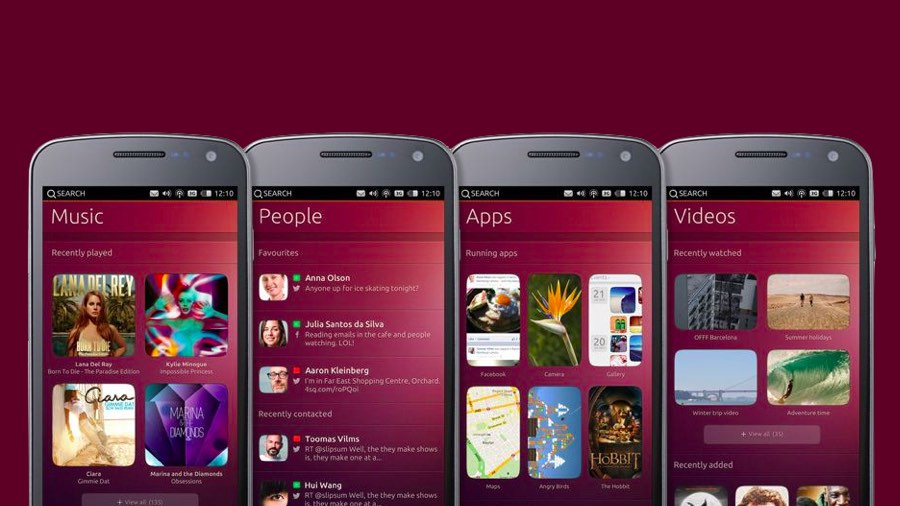
Canonical’s Ubuntu Linux is the most popular open source operating system around. The company started working on the mobile version of the OS and named it Ubuntu Touch, but the project was ultimately abandoned in April 2017 due to lack of market interest. Later, UBports adopted it and started developing it as a community project.
UBports keeps releasing OTA updates for Ubuntu Touch from time to time. While there isn’t a long list of devices that were released for this open source Android alternative, it’s interesting to see the non-profit UBports Foundation working hard to keep Ubuntu Touch alive.
6. Tizen OS
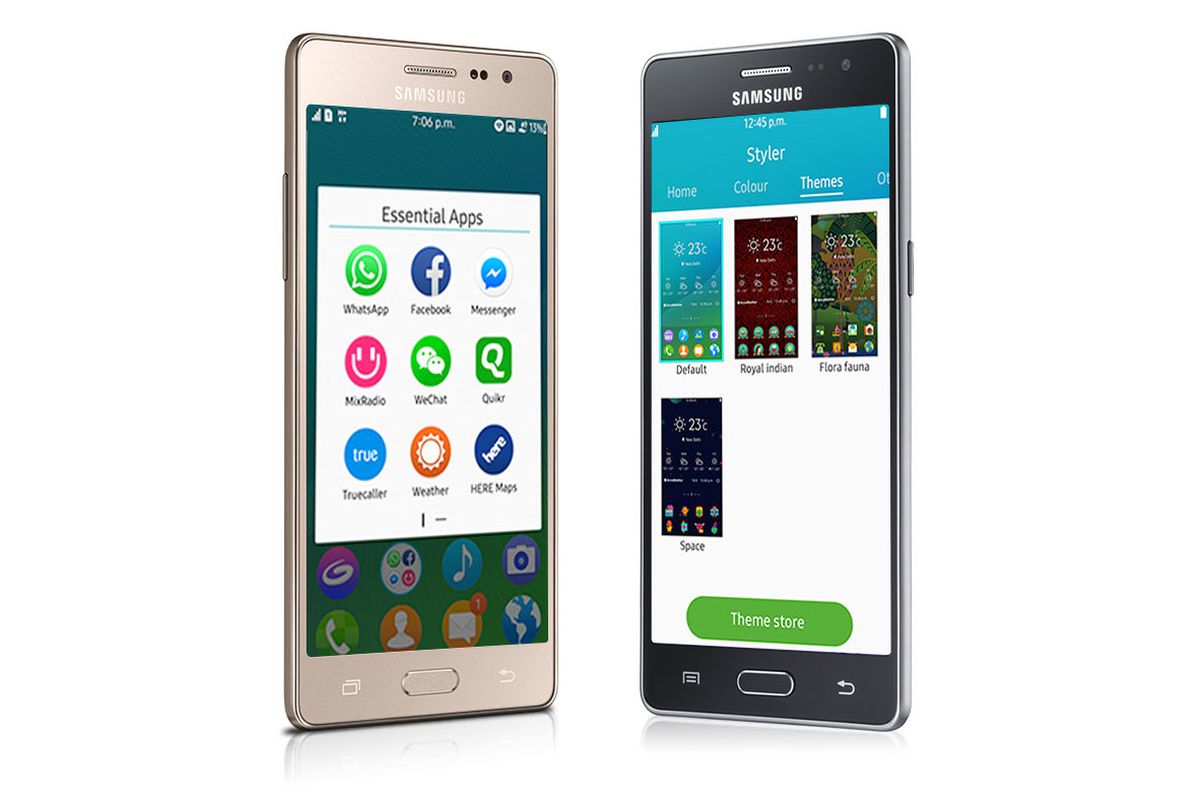
Tizen OS is a Linux-based open source Android alternative that’s supported by the Linux Foundation. Primarily developed and used by Samsung, the operating system is chiefly shipped with the company’s smart TVs, smartwatches. and home devices. The company tried to push Tizen in developing markets like India with its Z series smartphones but ended up getting a poor reception.
Later, the Linux-based OS was also found to be crippled with tons of security issues, which further restricted developers from forking for Linux smartphones.
As I mentioned in the beginning, these Android alternatives are open source but most of them are still in the development phase. You can visit their websites, take a look at the list of supported devices, and follow the instructions to run the Linux-based operating systems on your phone. If you find any of these interesting and try them out, do let us know about your experiences in the comments section.
Also Read: Google Alternatives: Best Search Engines To Use


